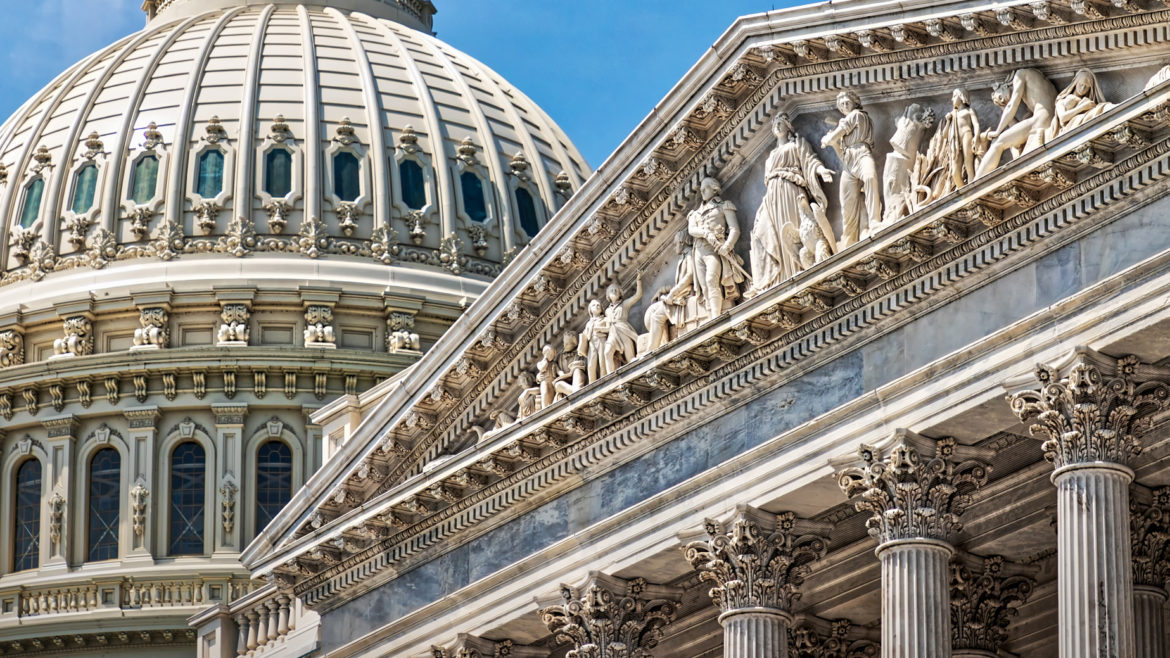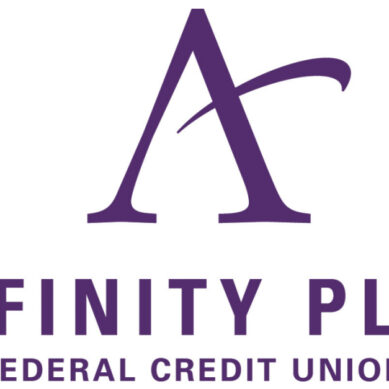On Thursday, NCUA Chairman Todd Harper sent a four-page letter to all federally insured credit unions regarding the use of technologies meant for cryptocurrency services. In his letter, Harper said the NCUA does not prohibit credit unions from using Distributed Ledger Technology (DLT) as long as “it is deployed for permissible activities and in compliance with all applicable laws and regulations, including applicable state laws or state supervisory authority requirements.”
“As with the development of any new product or service when deploying a platform, product or service using DLT as part of the underlying technology, credit unions should find an appropriate balance between the opportunities and the risks,” Harper wrote.
Cryptocurrency has always been a gray area for credit unions, as the industry has lacked regulations regarding digital assets. However, as they’ve increased in popularity over the last few years, credit unions and credit union organizations have reached out to the NCUA for guidance.
Back in December, NAFCU President and CEO Dan Berger wrote to the NCUA requesting the agency quickly work to develop regulations and legislation for digital assets–warning that failure to do so would leave credit unions at a disadvantage and ensure they are left behind as federal financial regulators.
“Digital asset issues are of uniquely significant and growing importance to credit unions and their members, and credit unions should not be forced to suffer the increasingly untenable competitive disadvantages arising out of the actions of other federal financial regulators and compounded by the NCUA’s continued silence,” Berger wrote.
Berger also pointed out that 17 months had passed since banks had been granted the right to work with cryptocurrency and called on the NCUA to ” promptly issue Letters to Credit Unions that confirm a credit union may host digital wallets for members and that a credit union may facilitate members’ buying, holding, selling, transferring, and exchanging of digital assets through a third-party broker-dealer.”
This letter from Chairman Harper may be an answer to Berger’s request and could be the green light many credit unions and vendors have been waiting for to go ahead with cryptocurrency technology. Harper notes that “this letter also signals to the broader financial and technology communities that credit unions are a market to consider when designing products, considering partnerships or making investments.”
In addition, the letter includes steps credit unions should take before working with such technologies. It states:
“Related project plans and risk assessments should include examining internal constraints and obstacles, and ensuring, at a minimum:
- The credit union’s board of directors is notified of advancements in the underlying technology, the purposes of the technology, and how using DLT aligns with the credit union’s strategic planning objectives and approved risk tolerances.
- Credit union staff and third parties using and managing the technology are complying with applicable laws and regulations and acting in a safe-and-sound manner.
- Effective risk management practices are followed to identify, assess, and mitigate risks associated with DLT and the specific activities for which it will be deployed.
- Risk assessment and audit functions can validate and attest to the effectiveness of risk-mitigation practices in accordance with internal policy and industry-leading practices.”
Both the NAFCU and CUNA have thanked the NCUA for stepping up on the issue and paving a way for credit unions to offer cryptocurrency. Greg Mesack, NAFCU’s SVP of government affairs, thanked the NCUA for “reducing regulatory uncertainties around digital assets,” but went on to say that there is “without a doubt a need for additional guidance from regulators on how credit unions can better adopt digital assets and emerging financial technologies.”
Ryan Donovan, CUNA’s EVP and chief advocacy officer echoed Mesack’s sentiments, noting that “Many questions will likely persist regarding credit unions’ ability to participate in the digital currency space,” Donovan said. “We look forward to more detailed guidance from (the) NCUA on these issues as credit unions continue to explore the benefits of these technologies for their membership.”





























































